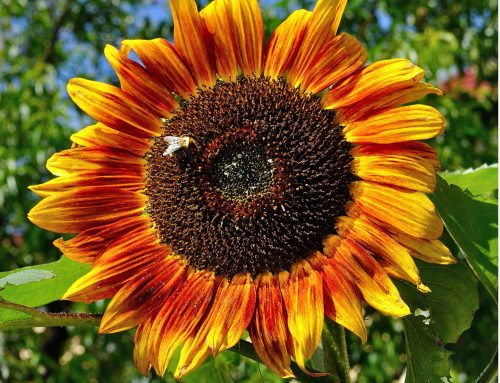A new survey by a British charitable organization underscores the vital role that gardens play in relieving stress during times of high anxiety, isolation, and uncertainty.
Throughout the COVID-19 lockdown, our friends across the pond found solace in their beloved gardens. While the results are not surprising (Who doesn’t love an English country garden?), the survey adds valuable data to support the link between gardens and health, including the highly-rated benefit of relieving stress for those who only have access to public outdoor space.
Key findings of the 2020 National Garden Scheme Survey
- 2,419 people responded to the online survey •
- 92% said their gardens and outdoor spaces were ‘extremely important’ to them during
lockdown in terms of health and wellbeing - 87% said that a key benefit gained from •
access to their garden/outdoor space during
lockdown was ‘It helped to relieve stress’ • - Of respondents with access only to a public outdoor space (20 respondents) 95% said that a key benefit was that ‘It helped to relieve stress’ (as opposed to 87% overall)
- 69% said that a key benefit gained from
access to their garden/outdoor space during lockdown was ‘It kept them fit and contributed positively to their physical fitness’ - 86% said they used their gardens more during lockdown
- 77% used their gardens for relaxation
- 81% spent their time growing and propagating seeds
- 70% grew their own produce
- 78% said that a key benefit gained from access to their garden/outdoor space during lockdown was ‘It helped them appreciate nature’
Enjoying time to watch and encourage wildlife, connecting with neighbors “over the garden gate,” completing overdue garden projects
and enjoying the sanctuary of their outdoor spaces were common themes in the optional comments. Here’s a link to the full report:
Pre-Covid, the National Garden Scheme was best known as an admissions clearinghouse for visitors to over 3,700 private gardens in England and Wales. Proceeds from admissions, teas and cake benefit nursing and health charities which in turn include gardens as part of their patient care programs.
For a virtual springtime tour of some 200 of those private gardens, visit: https://ngs.org.uk/








